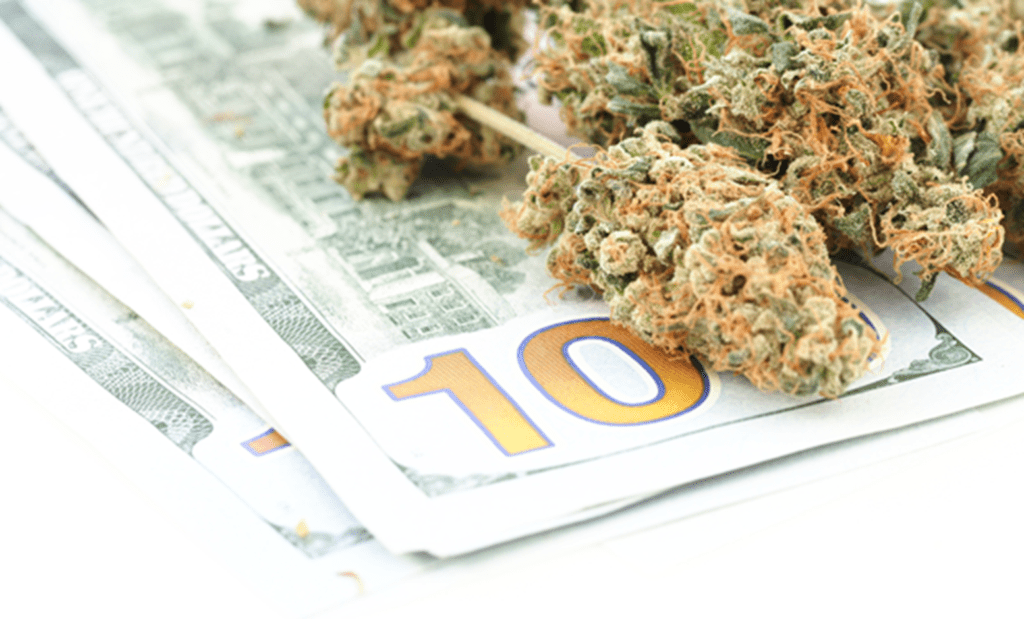
By Peyton Majors
Christian Action League
January 20, 2023
Legalization of medical marijuana in North Carolina will “open the door” to full-blown legalization for its recreational use, says the head of an organization that is leading the effort to oppose such a bill.
David Evans, the head of North Carolinians Against Legalizing Marijuana, says every U.S. state that has legalized recreational marijuana — such as California and Colorado — first began with the legalization of pot for medical use.
A bill to legalize medicinal marijuana in North Carolina could come up during the current session. Last year, a similar bill passed the state Senate 36-7 but never received a floor vote in the House. Gov. Roy Cooper has said he supports the legalization of medical marijuana.
The 2022 bill would have allowed the state to issue licenses to individuals and businesses in order to grow, cultivate, produce and sell marijuana for medicinal purposes.
The Christian Action League has joined forces with North Carolinians against Legalizing Marijuana to fight such bills in the state.
“Every state that has full legalization of marijuana, it started off as a medical marijuana state,” Evans said in an interview with the Christian Action League. “And what happens is that it comes in, it gives marijuana a good name and it also provides a lot of money so the marijuana industry can hire lobbyists. Every state where they come in with medical marijuana, they say, ‘Well, this is the toughest medical marijuana bill in the country. It’s the most restrictive medical marijuana bill in the country’ — which first of all, it’s a lot of baloney.
“And then what happens is when they get the bill passed, then the lobbyists come back a year later and get the bill expanded or they lobby the state government — [but] the state government doesn’t know anything about marijuana.”
The movement to legalize medicinal marijuana, Evans said, was birthed by the National Organization for the Reform of Marijuana Laws (NORML), which was “looking for a way to give marijuana a good name.”
“They hit upon a strategy of claiming that it was a medicine,” he said. “… It first gained acceptance in California.”
The legalization of medicinal marijuana in North Carolina, Evans said, would “open the door” to the legalization of recreational marijuana.
Further, Evans said, the FDA already has legalized prescription drugs that mirror the medicinal benefits of marijuana.
“There is some truth that cannabinoids” in marijuana “have been found to be helpful,” said Evans, who emphasized that the leaves of the plant “have never been found by the FDA to be either safe or effective for any medical purpose.”
The FDA, he said, has legalized drugs that mirror the effectiveness of two cannabinoids found in marijuana: THC and CBD.
“You don’t need to smoke marijuana to get THC,” he said. “You can go down to your doctor and get a prescription.”
Supporters of medicinal marijuana, Evans said, never tell the public about the FDA-approved drugs.
“We now have a host of medicines, which … can be used for chemotherapy and that do not harm you the way marijuana does,” he said.
Last year, a landmark new study published in the prestigious Journal of the American Medical Association (JAMA) found that marijuana “is no better at relieving pain than a placebo,” said Filip Gedin, a study co-author.
“Our meta-analysis showed that pain was rated as being significantly less intense after treatment with a placebo, with a moderate to large effect depending on each person,” Gedin wrote. “Our team … observed no significant difference between cannabis and a placebo for reducing pain.”
